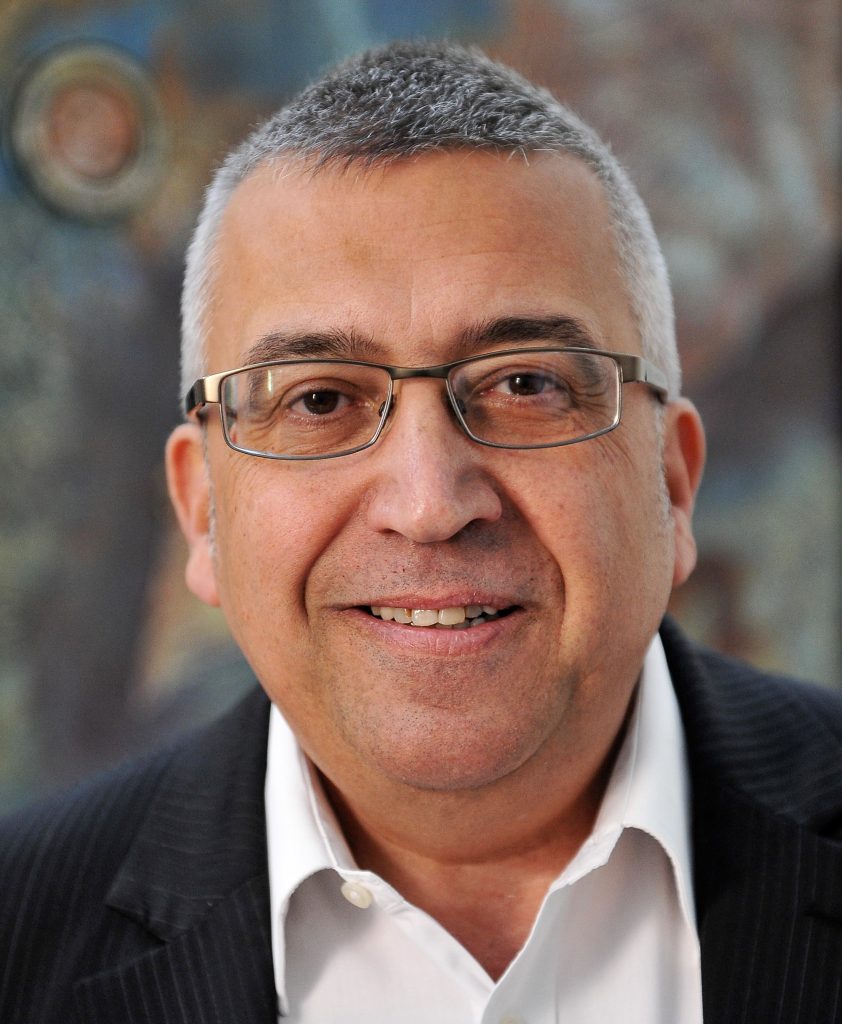Having raised almost €1.6m since it was first founded, RIDT has definitely managed to put research on the map… Here, the CEO of the Trust, Wilfred Kennely explains the importance research has in a society and why it is something we should all support.

Wilfred Kenely, RIDT CEO
While the Research, Innovation and Development Trust (RIDT) over at the University of Malta was founded just over five years ago, it has since become a very visible and present entity in numerous projects, initiatives and fundraisers. This is, undoubtedly, due to the hard work its team puts in, and the support of NGOs, businesses and people like you who have continually donated money towards research in medicine, science, technology, archeology and history, among others. Yet, when it was first started, RIDT was introducing a completely new concept to Malta; a concept that was almost ahead of its time for the country.
“The university of Malta has a very long and glorious history in education; one that’s almost 450 years old, in fact,” says Wilfred Kennely, the CEO of RIDT, “but its history of research is quite short. Even so, the university has released some incredibly fine brains, including doctors, engineers, politicians, teachers, historians and researchers, all of whom have used their talent to help change Malta or even make a huge different in the fields of medicine, engineering, and so on, internationally.
“Notwithstanding, when we introduced the concept of raising and donating money towards research, not everyone embraced it straight away… Some people were quite skeptical about whether this would work or not, or whether Malta would ever excel in research.”
Five years and €1.6m later, and with breakthroughs in breast cancer research, new equipment at the University, and numerous students reading for their Masters and PhDs through funds collected by the RIDT, it is safe to say that it has worked. Yet research and development never end… After all, there is always something new to uncover or discover, or a new angle or treatment that needs to be researched.
“The main point many people raise is why the Government doesn’t fund research entirely itself?” Wilfred Continues. “Of course, the State should be the first financier of research and we do lobby the Government to invest more in this sector … But, as one can imagine, no amount is ever enough.
“The funding of research is, in my opinion, at least, everyone’s duty as this helps society be healthier, understand itself better, and go further. It also has a very significant economic benefit. Research creates top jobs and attracts high-end industries… And this argument does not apply only for the financing of research, either.
“Just a few weeks ago, for example, when L-Istrina raised around €5.5m, some asked why the Government couldn’t just fork out the money itself. Again, I think the answer here is that, as a society, we need to have certain values at heart and we cannot just be contented with paying taxes. Donating helps build a sense of solidarity and a spirit of community, and it gives each individual the ability to put his or her money into what they, personally, deem worthy of that help. More importantly, however, this helps us take ownership of the things happening around us, and to create a community with a philanthropic spirit.”
While a considerable amount of money has been raised over the past five years, Wilfred considers the fact that research has been added to philanthropic and CSR lists to be RIDT’s biggest achievement. In fact, over these past few years, RIDT has received funds from organisations such as the Alive Charity Foundation, the ALS Foundation and even the Malta Community Chest Fund, cementing its status and building on the importance of research as a whole on the Maltese Islands.
“A lot of people tell me: ‘But Malta’s too small to make a difference within research,’ but what a statement like that seems to leave out is the fact that technology and communication have advanced manifold… Our scientists are now plugged into international networks that were once inaccessible to us due to finances and due to technical resttraints. Nowadays, a laboratory in Tal-Qroqq is no longer just a laboratory in Tal-Qroqq but, in many cases, part of an international network: we’re small but we’re not isolated.
“Moreover, such donations help us keep researchers here, rather than them having them go and remain abroad. We need to hone the talent we have and help create a University that attracts more talent towards it, based on the strength of its scientific publications and its patents… Not to mention that research could also be the basis for tomorrow’s hottest products, be they automobiles, beauty products, gadgets, or technology, which could also help our economy.”
As Wilfred explains, we should not be asking ourselves whether a cure for cancer could really be found in Malta but whether we would like to have contributed towards finding it, no matter how small or big that contribution may be. And that could and should be applied to anything currently being researched in Malta and oversees, too!
Interested in knowing what research projects have taken or are currently taking place in Malta? Then click here to go to our blog. To donate, please click here.
